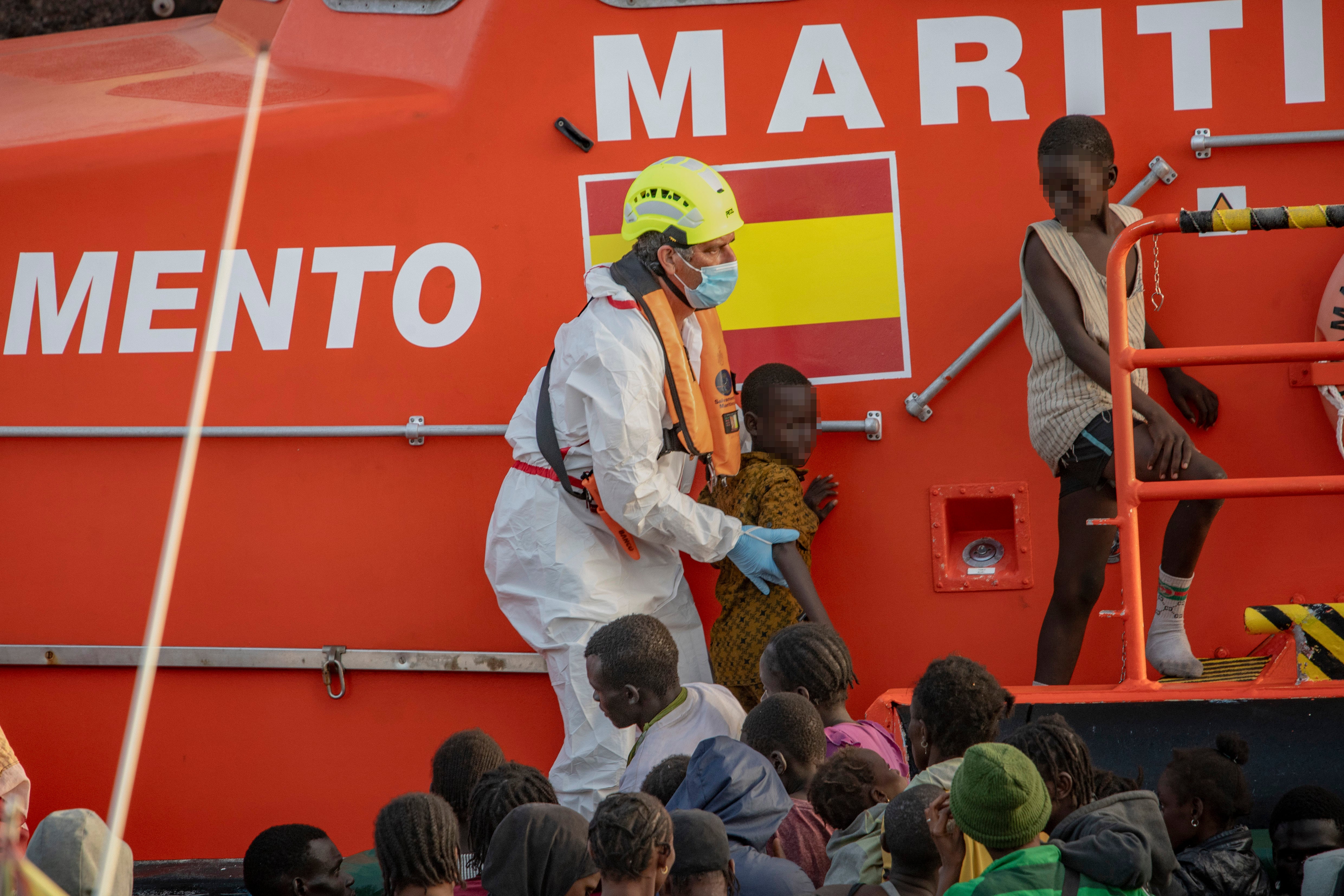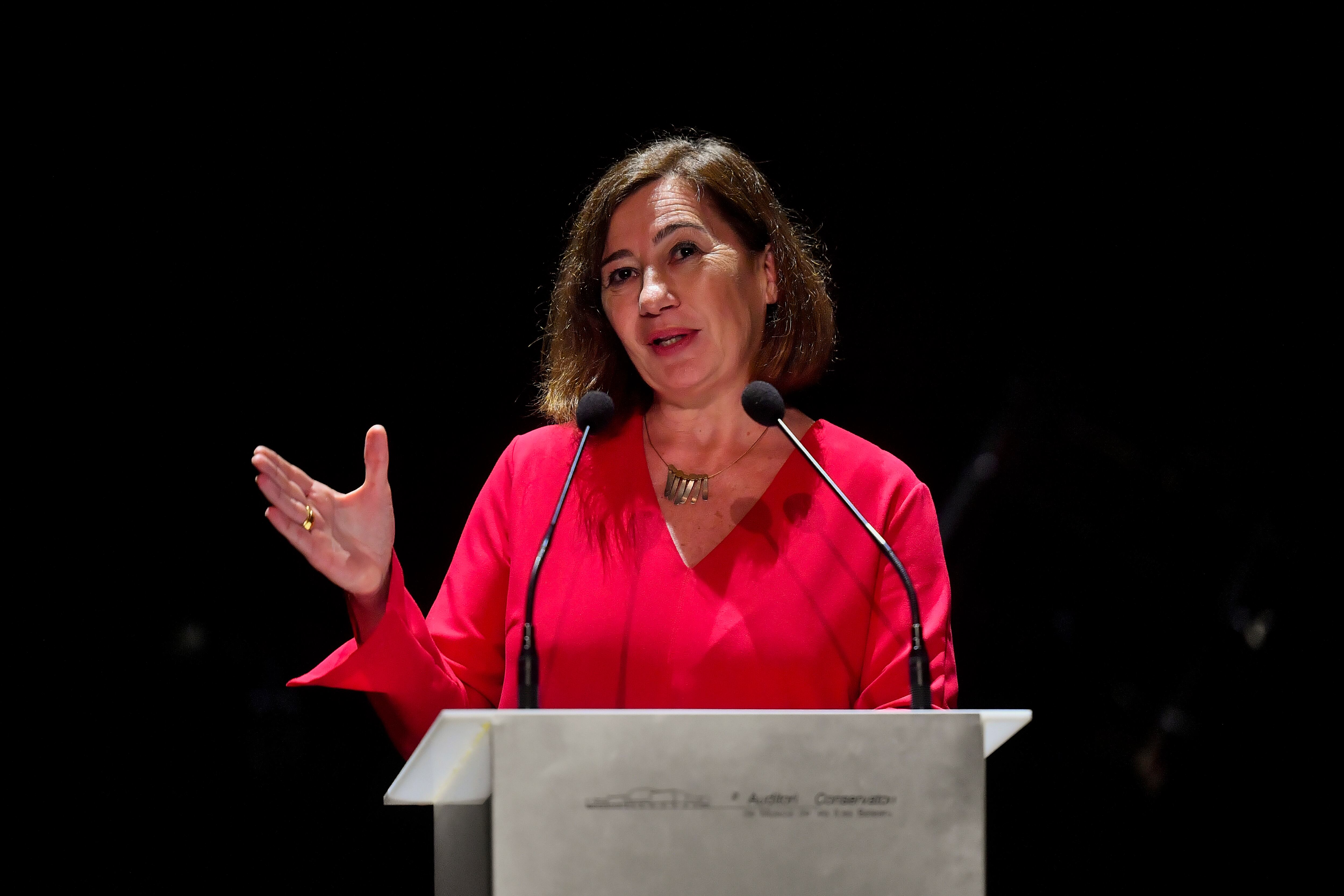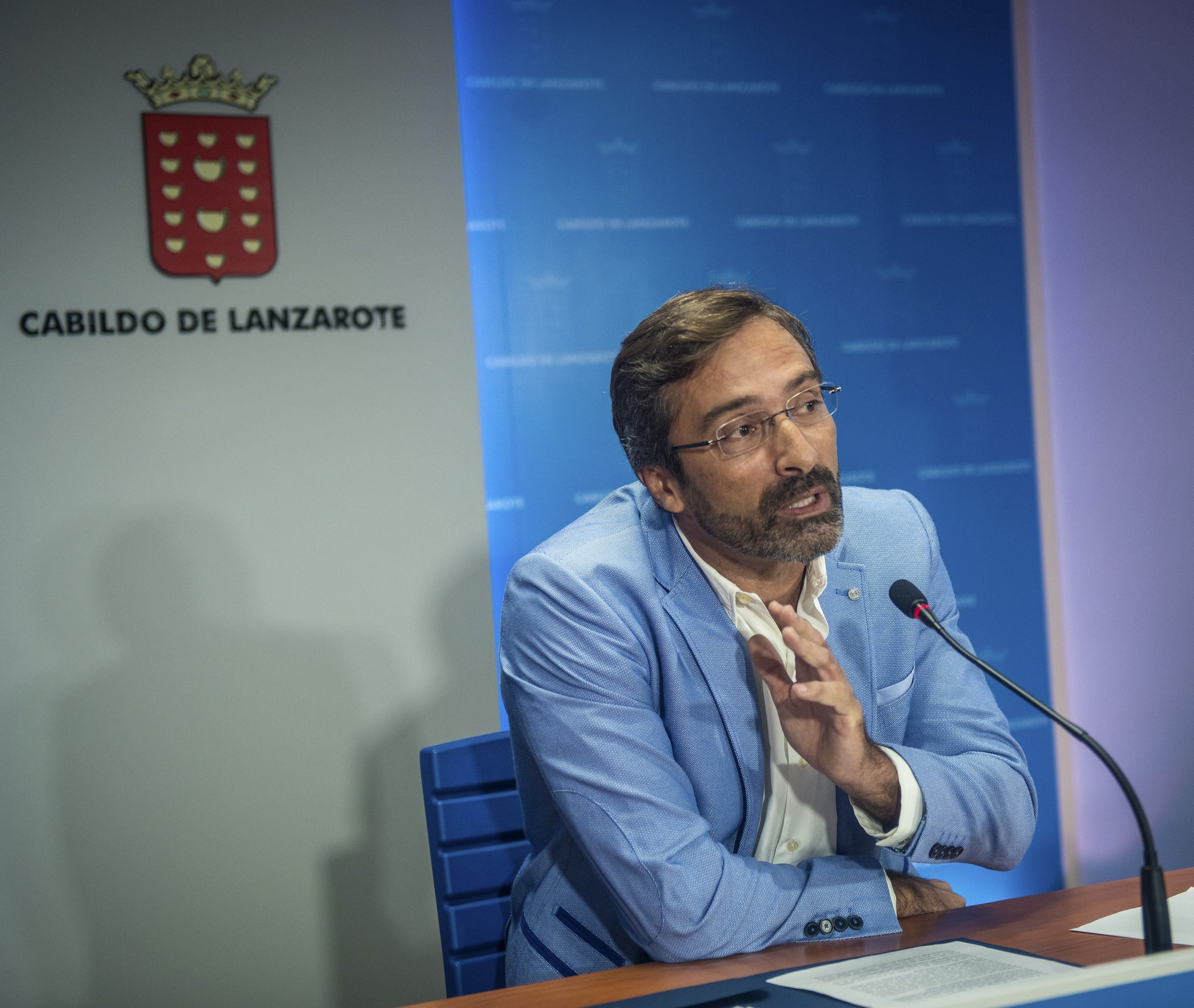The government advances in the plan to transfer migrant minors despite the war opened by the PP | Spain

The Childhood Sector Conference was held on Monday with an unlikely objective: to achieve unanimous support from the autonomous communities to the criteria with those that will be relocated in other regions thousands of migrant minors who are overcome in the Canary Islands and Ceuta. After four hours of meeting in Madrid, the result has been expected: the only thing almost unanimous that left that meeting has been the rejection of the communities governed by the PP. The conference, however, more than a real negotiation, has become an appointment for each actor to play their role, even knowing that there will be no script change. The day, in fact, has resulted without voting the criteria after concluding the government that there was not going to be the unanimity required to introduce any change. After the frustrated attempt to seek consensus, the Executive, with the change of foreigner law as support, activates its plan planned to begin relocations from July.
In the room, all the counselors of the PP communities have acted in block, with coordinated interventions, and have remained in permanent communication through a WhatsApp group, according to sources present at the meeting. Virtually all have alleged over -occupation of the reception resources of their autonomous communities. « We have even had to hear that La Rioja (the community that least minor migrants hosts) is saturated, » argue those same sources.
This Monday’s appointment was a necessary step for the government to continue underway with the route drawn, after On April 10, validation will be achieved in Congress to change article 35 of the Foreigner Law and impose with it the redistribution of migrant minors. The reform, finally endorsed by together and vetoed by PP and Vox, will allow that at a time when a community triples its reception capacity to activate transfers to other regions. Immediately, it will help some 4,000 children who are in the Canary Islands and another 400 who are in Ceuta be transferred to the Peninsula.
What was discussed on Monday were the criteria with which it will be done, which are already reflected in the legislative change. They are very similar to those who had already negotiated for voluntary deals – public, income, unemployment … – but others that weigh what communities have made a sustained effort in time, opening host places, and how many minors have hosted now and in recent years. The latter determine greater distribution quotas for some autonomous communities, mostly in the hands of the PP, and much more limited to Catalonia and the Basque Country, which have historically invested more in their reception systems.
The initial criteria were already quantitative, but The government needed the vows of Junts and the PNV And these formations demanded in exchange for their vote that the deployment that had already been made in Catalonia and the Basque Country was recognized. And that is precisely one of the points that has served as a flag to the communities of the PP to oppose the figures of redistribution. The Madrid counselor, Ana Dávila Ponce de León, who has spoken on behalf of all of the PP upon arrival at the meeting, has questioned it: « Of the 4,000 unaccompanied foreign minors who intends to distribute as merchandise the government of Spain, 2,000 will go for three autonomous communities of the Popular Party: Madrid, Andalusia and the Valencian Community. »
The rejection of the popular was raised even in the type of call that has been made of this meeting, extraordinary and urgent instead of ordinary. A seemingly lower issue, but that could be key in the legal battle that is coming. The Madrid counselor has affirmed that this form is illegal because the government knew « for a long time that this procedure has to pass, but she did not want to pass it ordinary. » Minister Rego has defended that she has the support of her legal services and that the regulations of the Sector Conference itself contemplate the possibility of making extraordinary calls. « Logically, everything is endorsed by the government’s legal body, therefore, we understand that it fulfills absolutely all guarantees, » he said.
However, at the close of the meeting, Minister Rego has confirmed that another sector conference will be convened again, this time in ordinary session, to allow another opportunity to reach a consensus. For the Canary Islands, the main one interested in this being ahead, this new call delays the plans. « This leaves me a feeling that we have not advanced anything, that today we thought we were going to start fulfilling the deadline of the Royal Decree, but we have taken a step back, » the Minister of Social Welfare, Candelaria Delgado, said a step back. The minister, on the other hand, has said that it is going on as it was planned.
The judicial battle is served. Madrid has already attended the Constitutional Court to stop any attempt by the central government to intervene, directly or indirectly, in an autonomous competence. Aragon has also done so and other communities governed by the Popular Party – as Cantabria, Valencian Community or Extremadura – have announced their intention to follow the same path. For its part, the Government also plans to take the Constitutional to Aragon, the only community that has not even sent the data on its reception system – because the information request itself resorted to – fundamental data to calculate the capacity that each region must have and the quotas that it must assume. The appeal is pending (imminent) opinion of the State Council.
The anger was no surprise. In the Rego Ministry they already had that the meeting would be marked by the attacks on the management of the central government. They even speculated that the PP counselors would exhibit their positions and leave, thus staging a coordinated proposal.
But the rejection of most communities to the formula imposed by the government is not as homogeneous as it seems. Ceuta, a great beneficiary of the transfers, has always been in favor, and its president, veteran Juan Jesús Vivas, has struggled, without success, to change the position of his party. The same goes for the PP of the Canary Islands, which has supported the proposal on the islands, while its co -religionists defended it in the Peninsula.
The Basque Country, meanwhile, is one of the loose verses of this scenario. Counseling sources remember that they supported the current distribution criteria, although they would like more weight to the reception effort, which would result in less minors to receive. The Basques also requested within the meeting speed, commitment to the rest of the autonomous communities and that the government does not forget to implement a comprehensive immigration plan. There are also communities that have legitimate and not just ideological repairs. Some fear that transfers alter their reception models based, for example, in keeping minors in center with few places to serve them better.
The next step to launch the transfers provided in July will be to approve the Royal Decree with which they will detail the steps to follow. The text, which should be approved in June, will collect the small print of the entire procedure: from whom it makes the decisions what to do in case those responsible for childhood of a community do not comply with the mandate to serve the minors transferred.








